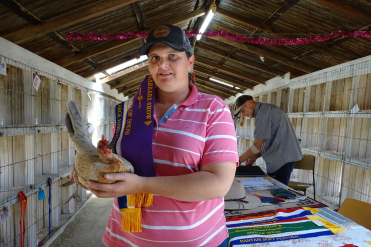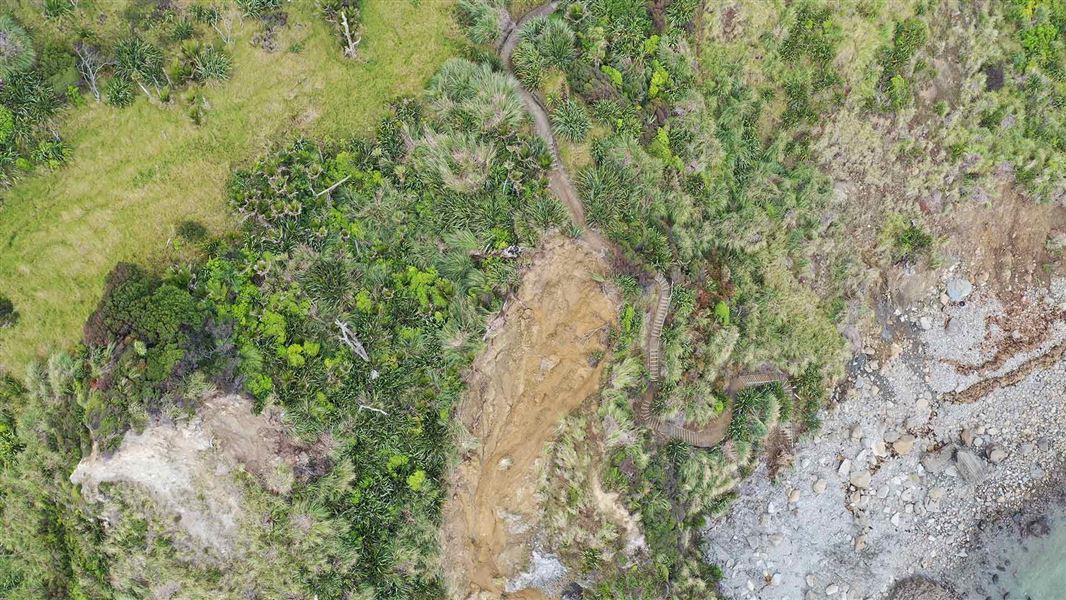A new fund to allow bush midwives and doctors to rotate through bigger hospitals to keep their skills current will be established in a bid to lure and keep more clinicians in bush hospitals.
It is one of several actions Health Minister Steven Miles will introduce in response to the Rural Maternity Taskforce report, due to be released on Wednesday.
“One of the challenges for health services is offering services in towns where there is a very low number of births, it’s very hard to keep your skills current,” Mr Miles said.
“We are proposing a trial where, for example, a midwife from Chinchilla could spend a few weeks a year living and working in Toowoomba or the Gold Coast or even Melbourne to make sure they see enough births.
Mr Miles said $500,000 would be allocated to the trial, which could be expanded if popular.
He anticipated some clinicians might appreciate a chance to spend part of their year in a bigger city – whilst ensuring services can be maintained in their absence.
“We want to attract more staff to regional areas, and if this helps even better.”
Mr Miles said he would also draw a line under further reductions in services by requiring health services to secure special ministerial approval for planned changes.
“We will continue to task health boards with determining what services are delivered where, but given the level of community interest I think it’s appropriate I or whoever is minister can say no.
“I think the need for ministerial approval will ensure health services do everything they can to keep vital rural and remote health services open.
“Already, we have announced plans to reinstate a low-risk birthing unit at Weipa Hospital to accommodate an anticipated 70 births a year,” Mr Miles said.
The positive flow-on effects on health service provision to communities on the Western Cape will make a huge difference to the health of the communities.
Queensland’s Hospital and Health services will now have to consider how rural and remote maternity services in their HHS can be improved and strengthened.
The Taskforce’s rural maternity consumer representative Bec Waqanikalou said the report was a huge win for rural and remote communities.
“From a consumer’s point-of-view, I’m happy to see two things from the report,” she said.
“One, there is the security that further services won’t be lost without consultation with the consumers and community, and the final decision will be scrutinised by the Minister and two, there’ll be opportunity for new services to be provided closer to a woman’s home, their family and their support network.”
Rural Doctors Association of Queensland (RDAQ) President, Dr Clare Walker welcomes Minister Miles’ response to the Rural Maternity Taskforce Report.
RDAQ had been advocating for an effective ‘collaborative care’ model that halts maternity ward closures and allows for others to reopen since 2005.
“RDAQ believes maternity care should be delivered to women and their families, as close to home as is safe and possible, by a collaborative team with strong governance structures in place,” Dr Walker said
Taskforce member and Queensland Nurses and Midwives’ Union Assistant Secretary Sandra Eales said the report focussed on bolstering rural services that were tailored to women’s needs and had long-term viability.
“The important things are the intent to strengthen and reopen primary and secondary maternity units in the bush,” Ms Eales said.
“It’s important to provide continuity of care locally. Relational care is highly valued by the women; it keeps them feeling safe.
“Another vital aspect is psychological safety – that is, the professional safety of the clinicians on the ground is necessary to ensure that services in the bush are sustainable for the communities they serve.”
CEO Health Consumers Queensland Melissa Fox said the Ministers decision gives rural families the accountability they deserve around who is ultimately responsible for deciding where rural women can birth.
“Maternity consumer representatives and clinicians must now be supported to be at the decision making table at each hospital and health service, for the review and re-opening of rural maternity services. This enshrines co-design, choice and collaboration,” She said.
Australian Medical Association (AMA) Queensland Obstetrics and Gynaecology spokesman, Associate Professor Gino Pecoraro, said the Rural Maternity Taskforce findings provided a first step towards improving services for country Queenslanders.
“We look forward to working with Queensland Health on solutions to attract and maintain doctors with obstetric and anaesthetic skills to rural and regional areas and to delivering practical improvements in maternity care in those communities” Assoc Prof Pecoraro.
Mr Miles said the Rural Maternity Taskforce found health services had not properly considered the effect on mothers when deciding to close services.
“The taskforce has listened to women and doctors and midwives from all over Queensland and found their concerns are valid, that health services were overly focused on clinical risks and not concerned enough about the effect travel has on expectant mothers and their families,” Mr Miles said.
“They will look at maternity services in every Queensland town, across 110 rural and remote facilities, and work out if there’s a way to attract and retain staff, keep their skills current and upgrade the service – this must be completed in two years.
“This won’t mean health services can open birthing services everywhere, they will still need to consider safety, staffing and demand, but for the first time the preferences of mums to birth closer to home will be considered too.
Mr Miles thanked the rural maternity taskforce members and everyone who participated in the consultation.
“I’d especially like to thank Dr John Wakefield who has overseen this process and delivered me a very useful report.”
The independent Rural Maternity Taskforce will hand down a raft of recommendations aimed at improving maternity services in rural Queensland at this week’s (18-19 June) Maternity Summit in Cairns.






